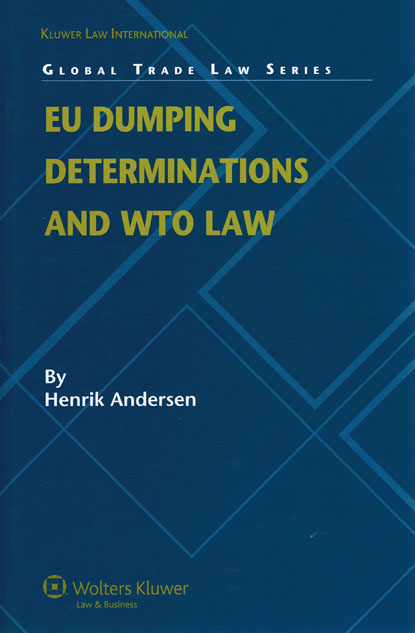
The application of the antidumping instrument by WTO members is often controversial because of the protectionist character of these measures where inefficient industries are protected from foreign competition. The legal framework within the WTO has loopholes that leave wide discretion to the investigating authorities to determine that a product is dumped, thereby emphasizing the protectionist nature of antidumping. The use of antidumping becomes even more controversial when WTO members use the antidumping tool beyond the legal scope of WTO law.
The questions raised in this book concern the EU dumping determinations and their conformity with WTO law. This thought-provoking work examines whether European Union legislation on dumping, the practices adopted by the European Commission and the Council, as well as the decisions by the EC courts are in conformity with WTO law.
The author's findings are particularly relevant given the frequent use of antidumping measures by EU authorities, especially as relates to Asian countries, and he carefully documents areas where the EU infringes WTO law.